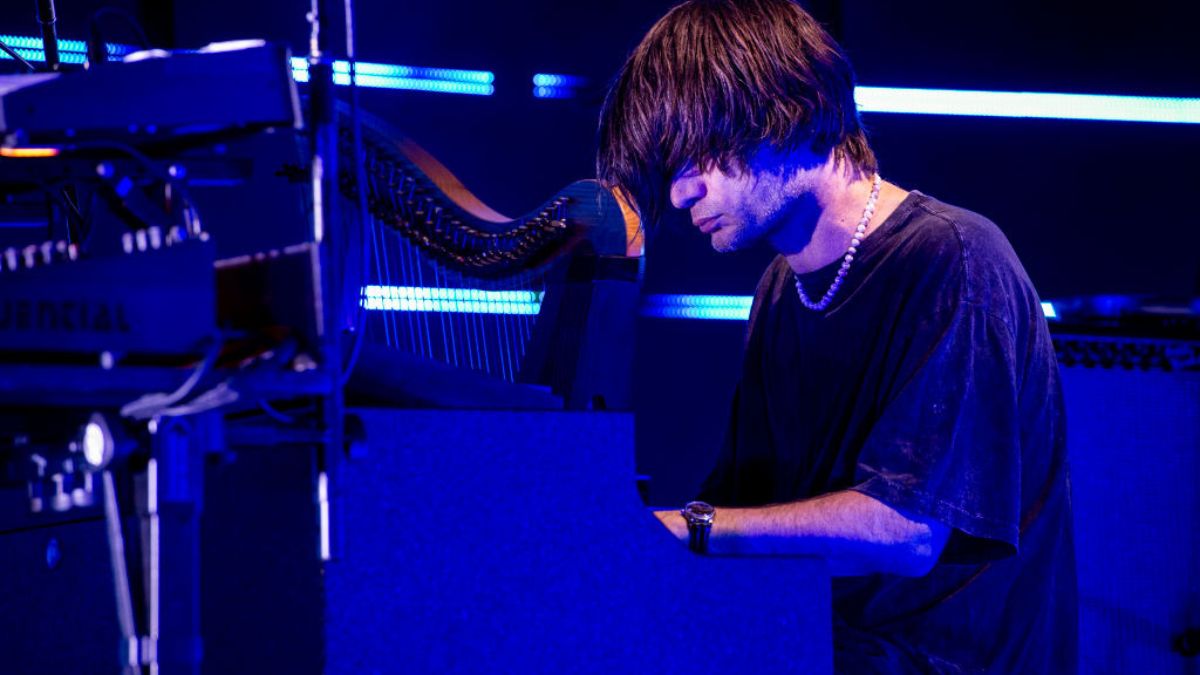“Who are you?”
That’s a question Maz Kanata (and later Luke Skywalker) asks Rey, to which our Jakku scavenger replies, “I’m no one.” No one indeed.
As the dust begins to settle from Star Wars: The Last Jedi, the franchise’s impassioned fanbase have been left to ponder over awe-inspiring visuals – the Crait battle is one for the ages – gut-wrenching twists, and baffling petitions asking Lucasfilm to remove a half-billion dollar juggernaut from Star Wars canon. It is, quite frankly, just as ridiculous as it sounds.
But arguably one of the film’s biggest reveals takes place in Snoke’s blood-red throne room. Soon after Kylo Ren makes short work of the Supreme Leader, the erstwhile Ben Solo turns to Rey and reveals that her parents were, in fact, nobodies. Forget about mystical bloodlines and generation-spanning drama, Rey’s parents were mere junk traders who sold their child for scrap on Jakku.
It’s a devastating moment for Daisy Ridley’s protagonist, who has spent much of the current Star Wars trilogy battling loneliness and despair. And though some members of the audience took issue with The Last Jedi‘s biggest revelation, Rian Johnson has rubbished talk that Kylo was lying in order to manipulate his Force-sensitive frenemy.
That’s what Kylo sees and that’s what he tells her and I think he’s not lying in that moment. That’s what he saw and she seems to believe it when she hears it. I don’t want to … I’m not writing the next film, we’ll see how they handle it going forward, and as we all know in these movies, there’s always a certain point of view that’s involved. But, for me, I’ll tell you that was the … I can understand why that answer doesn’t feel good. It’s not supposed to feel good. It’s supposed to be the hardest thing she could possibly hear in that moment.
Had Star Wars: The Last Jedi bent the knee to wish fulfillment and pandering, it would have undermined the heated conflict between Kylo Ren and Rey. And then there’s the small matter of Empire.
The same way that if you think about … if you go back to Vader telling Luke, ‘I am your father.’ That was effective, not because it was a surprise, because it was a twist, I think it was effective because that’s the hardest thing both Luke and the audience could hear in that moment. It turns it from the … it takes away the easy answer is basically. It takes it from, yes, Vader is just a bad guy we hate and we want to die, into, wait a minute, Vader is actually a part of our protagonist, he has a connection to him, and we have to think about him in a more complicated way, in a way that may involve redemption. That doesn’t feel great. That’s like, Mark’s amazing heartfelt, ‘No,’ in reaction to that is the correct response.
Providing that J.J. Abrams doesn’t retcon all of this in Episode IX, this will be remembered as a defining moment in Rey’s arc, as it proves that greatness (read: Force-sensitive heroes) can come from anywhere, and needn’t be bound to a specific bloodline. That aligns with The Last Jedi‘s overall theme, too, given Johnson’s sequel ended with a shot of a young Force user on Canto Bight staring up at a distant Millennium Falcon. Thanks to Luke Skywalker, hope has been reinstalled in the galaxy.
In this movie, the easiest thing that, the wish fulfillment for Rey and for the audience, would be, ‘Yes, you are so and so’s daughter. Yes, here is your place in this movie. Here is how you fit in. Problem solved.’ I can understand why Rey would desperately want that and why us, we as an audience, do too.

Johnson continued:
But the hardest … but we’re not here to give Rey an easy time, we’re here to put her on the hard path so that she has to … because that’s the path of a hero. And the hardest thing she could hear is, ‘You’re not gonna get that easy answer. You’re going to have to stand on your own two feet and to find yourself. And, not only that, Kylo is going to use the fact that you don’t have that to stand on to try and get you to lean on him in this moment. And you’re going to have to find the strength within yourself to define yourself in this world.’ And that’s hard. It needs to be hard. It should be hard.
But what do you make of The Last Jedi‘s most devastating moment? Indeed, are you inclined to agree with Rian Johnson’s reasoning? You can, as always, drop your thoughts via the comments section.







































































Published: Dec 20, 2017 11:33 am